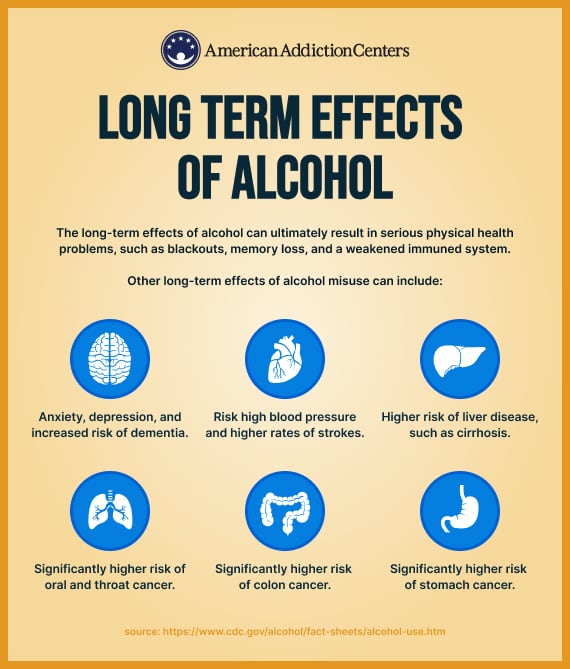Unravel the mysteries of alcohol consumption with a scientific breakdown on how intoxication affects our bodies and behavior. Dive in!
Table of Contents
Have you ever found yourself wondering, “How many beers does it actually take to get drunk?” It’s a question that many of us have pondered at one point or another, whether out of curiosity or a desire to better understand our own limits when it comes to alcohol consumption. In this blog post, we will delve into the science behind alcohol metabolism, individual tolerance levels, and the various factors that can influence how quickly and intensely we become intoxicated.
Understanding Alcohol Metabolism
When we consume alcohol, it enters our bloodstream and is eventually metabolized by the liver. The process of alcohol metabolism involves a series of chemical reactions that break down the alcohol into byproducts that can be eliminated from the body. This process is also influenced by factors such as body weight, gender, and overall health.
Body weight plays a significant role in how quickly a person can become drunk, as a larger body mass can dilute the alcohol and slow down its absorption into the bloodstream. Additionally, gender can also impact alcohol metabolism, as women tend to have a higher percentage of body fat and lower levels of the enzyme that breaks down alcohol compared to men.
Individual Tolerance Levels
One key factor that can greatly affect how many beers it takes to get drunk is an individual’s tolerance to alcohol. Tolerance refers to the body’s ability to handle and process alcohol, with frequent drinkers typically having a higher tolerance compared to occasional drinkers.
Regular consumption of alcohol can lead the body to adapt and become more efficient at metabolizing alcohol, thus requiring a higher amount to feel the same level of intoxication. On the other hand, those who don’t drink often may experience the effects of alcohol more quickly and intensely even after just a few beers.
Factors Influencing Intoxication
Aside from alcohol metabolism and individual tolerance, there are several other factors that can influence how quickly a person gets drunk after consuming beers. The type of alcohol consumed, for instance, can impact intoxication levels, with beverages that have a higher alcohol content leading to faster intoxication.

Image courtesy of via Google Images
Mixing drinks, or consuming different types of alcohol in a short period of time, can also contribute to a quicker onset of drunkenness. This is because mixing drinks can confuse the body’s ability to metabolize alcohol efficiently, leading to a more intense intoxication experience.
Furthermore, drinking on an empty stomach can significantly enhance the effects of alcohol, as there is no food present to slow down the absorption of alcohol into the bloodstream. This can result in a person getting drunk much faster than if they had eaten before drinking.
Conclusion
In conclusion, the answer to the question of how many beers it takes to get drunk is not a straightforward one. Alcohol metabolism, individual tolerance levels, and various other factors all play a role in determining how quickly and intensely a person becomes intoxicated. It’s important to drink responsibly, be mindful of your own limits, and prioritize your safety when consuming alcohol. By understanding the science behind intoxication, we can make informed decisions about our alcohol consumption and ensure a more enjoyable and safe drinking experience.
FAQs
How does alcohol affect the body?
Answer 1: Alcohol affects the central nervous system, slowing down brain function and altering neurotransmitters. It can lead to impaired judgment, coordination, and motor skills.
What factors determine how quickly someone gets drunk?
Answer 2: Factors such as body weight, gender, tolerance levels, type of alcohol consumed, and mixing drinks can all influence how quickly a person becomes intoxicated.
Can eating before drinking help prevent intoxication?
Answer 3: Eating before drinking can slow down the absorption of alcohol into the bloodstream, potentially reducing the effects of intoxication. However, it does not eliminate the risks associated with alcohol consumption.
How can someone build up their tolerance to alcohol?
Answer 4: Tolerance to alcohol can be built up over time with regular and consistent drinking. However, it is important to note that increasing tolerance can also lead to higher levels of alcohol consumption and potential health risks.
Generated by Texta.ai Blog Automation


Leave a Reply